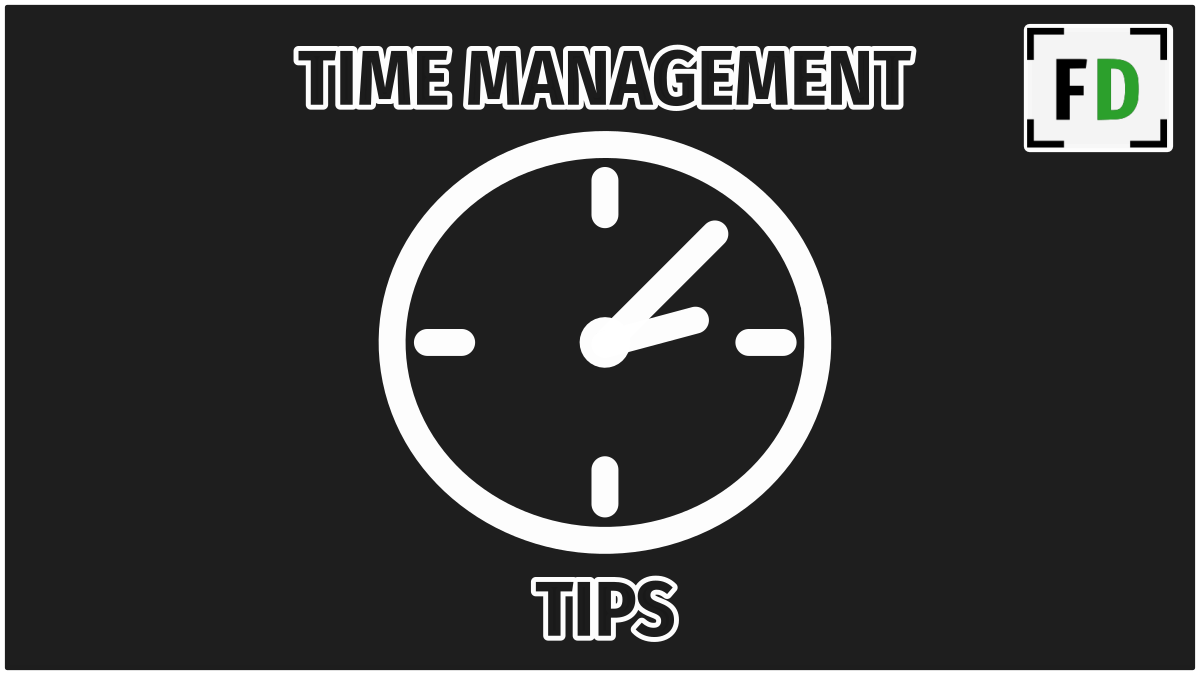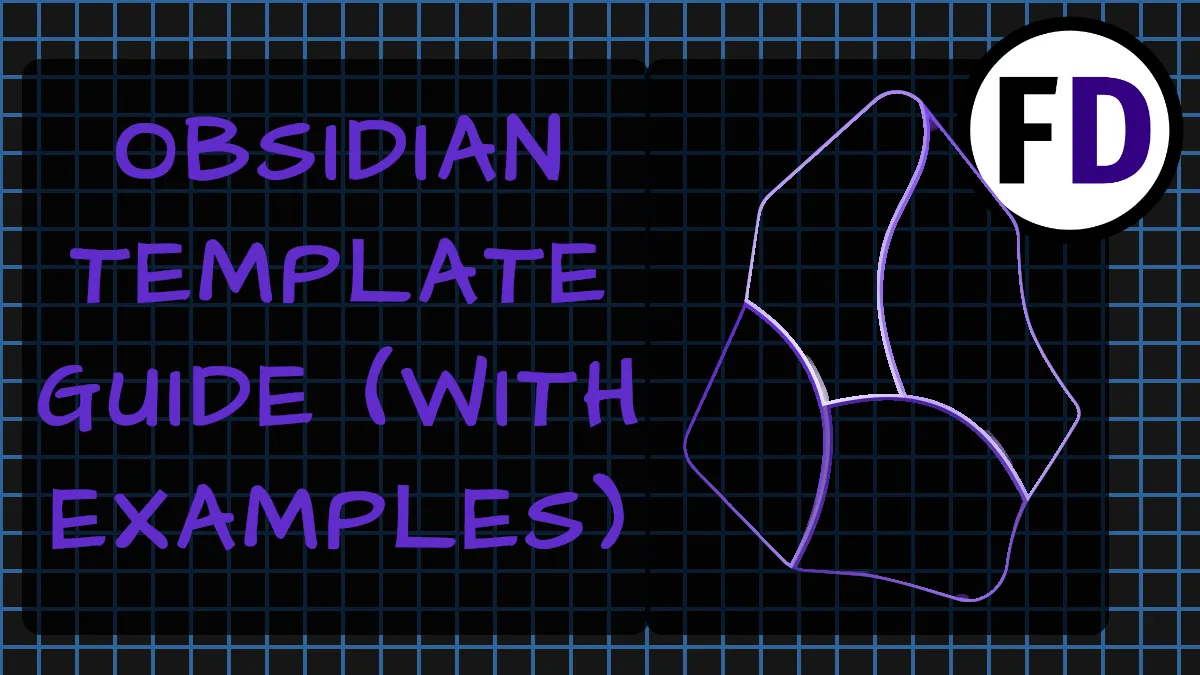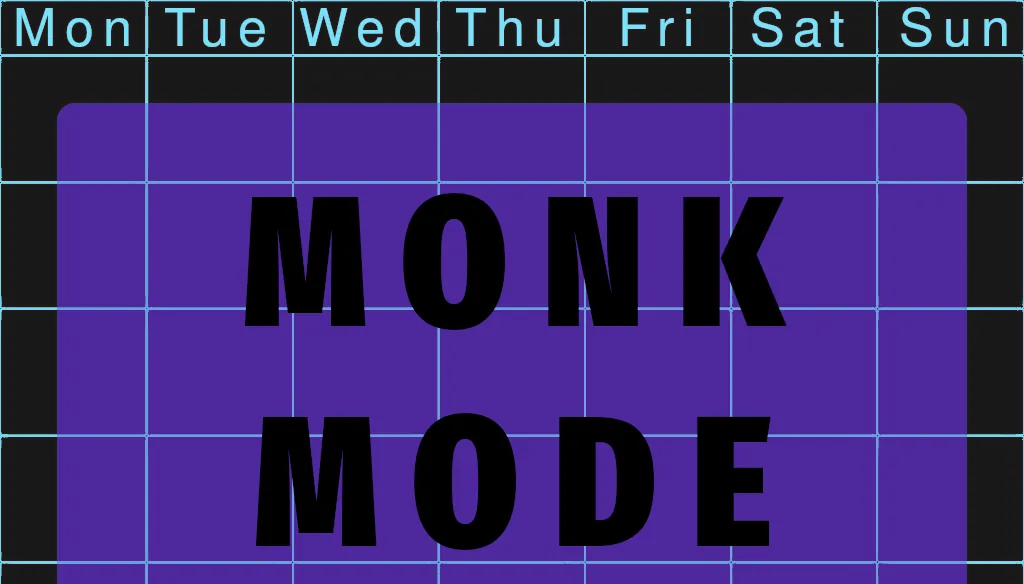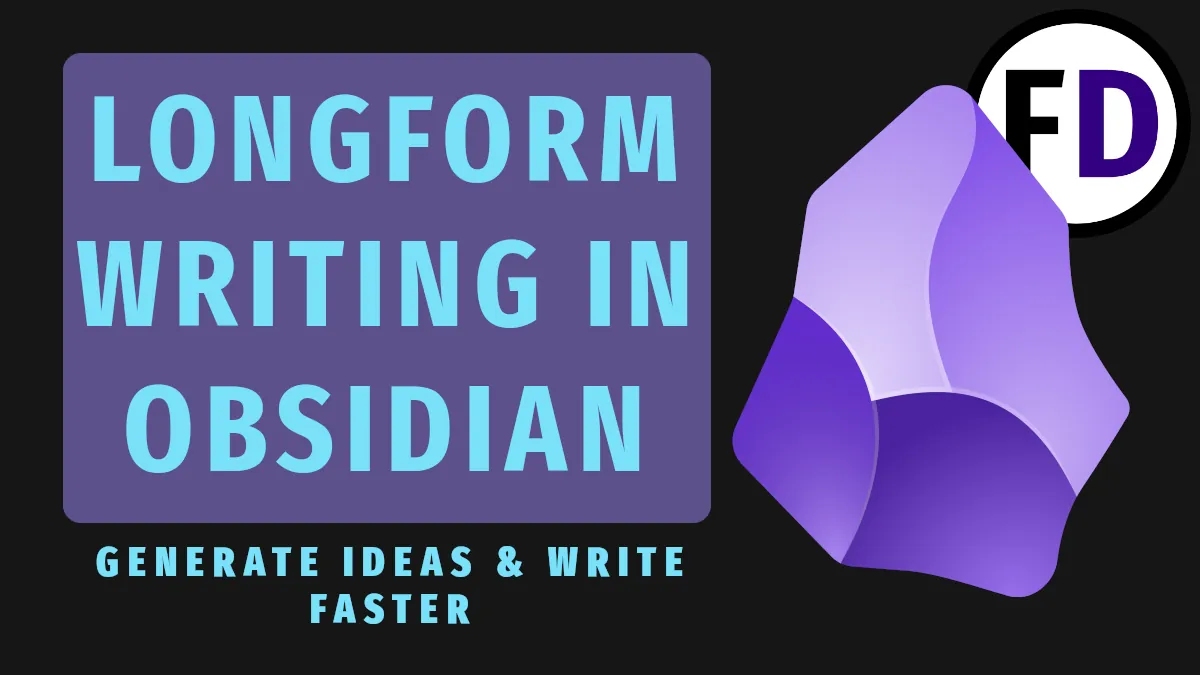Biblical study is a lifelong journey, and you want notes that will be there with you every step. Studying the Bible and understanding the word of God is not only for Biblical scholars or those in seminary if you want to get closer to God, learn how to take Bible notes that will serve you for a lifetime.
You read the Bible for a different reason than classic literature or self-help books. But like any genre, it’s difficult to take in everything you read and even more challenging to remember. Taking Bible notes will make a huge difference, whether you want to memorize scripture, discuss it with others or pray on what you’ve read. Here’s how you can take Bible notes to help you become a better Christian.
Ultimately your Bible notes should lead you to the gospel and closer to Jesus Christ.
I am currently with a small study group, in the middle of a read-the-Bible-in-a-year course and so my notes have been getting more and more extensive. Luckily I already have a robust system in place and so my Bible notes are fitting in well with the rest of my second brain system in Obsidian.
If you want to set up a solid note-taking system that will serve you the rest of your life, this Bible notes guide will help.
What’s Your Goal?
If you want to take good notes, you must know what you need them for.
- If you want to memorize scripture, you’ll fill your notes with quotes, including verse and chapter.
- If you aim to understand scripture better, you’ll write summaries and action points
- If you want to join a Bible study group, you’ll write discussion points with verse and chapter to support your arguments
- If your goal is to study theology, you might use a commentary
- If you want to create sermons, you’ll want to themed notes
- Or you may wish to use your notes for prayer, or a daily devotional
As you can see, you’ll take different notes depending on what you want to use them for, so if you can, spend some time considering why you are reading the Bible.
Pen & Paper Notes or Digital
Ultimately, whether you want to use an analog or digital note-taking system is up to you. Here are some things to consider, though.
- Accessibility – Where do you do your reading? Your notes system must be accessible there. A digital system is always available on your phone or another device.
- Durability – Will you still have that notebook in ten years? Maybe you’ll have a dozen by then or lose it. You can easily make backups of a digital system.
- Searchable – Looking back through analog notes is tedious, especially when looking for something you remember writing years ago. With software, you only need to perform a search to find whatever you’re looking for.
As you might have guessed, I’d recommend using a digital system, but if that isn’t right for you, there’s nothing wrong with using a notebook for your notes. People wrote their notes in notebooks successfully for centuries.
Writing with pen and paper will make you slow down and think about what you’re writing much more.
Which App Should You Use for Taking Bible Notes?
While there are plenty of apps for taking notes, such as Google Docs, Microsoft Onenote, or just the default notes app on your phone, once you start using them and making regular notes, you’ll realize that they are lacking features you wish you had.
- A modern dedicated notes app is the answer. I recommend Obsidian.
Obsidian is free (download it here) and stores your files on your computer or device in simple text files called markdown files. This means that you have control of your data and can open them with any text editor to make changes. There are many ways to sync Obsidian across devices for free too.
Obsidian also allows you to link from note to note, just like on a webpage or Wikipedia page. So in a note about Leviticus, for example, you can link to another note about Moses or the theme of sacrifice.
Linking your notes together much more closely resembles how your mind works and thinks. You can then look at what note relates to what and find connections you never knew were there.
How to Organize Your Bible Notes
OK, so by now, you’ve noted (pun intended) what you want to take Bible notes for and figured out what software or notebook you will use. The next thing to think about is how to organize your notes.
Don’t just start taking notes with no rhyme or reason; when you return to them later, you’ll need to organize the mess. But, again, it’s easier to create a system first.
Organize your Bible notes by Book
The most obvious way to organize your Bible notes is by the book. If you decide to use Obsidian, organizing your notes will be quick and easy.
When reading Genesis, you make a note called “Genesis.” Then, anything that occurs to you or seems noteworthy, you write there.
Then, when you start reading Exodus, you make a new note, “Exodus,” and continue. Eventually, you’ll have 66 notes, one for each book of the Bible.
Organize your Bible Notes by Theme
Another way to organize Bible notes is by theme. For example, you could have a note on the theme of “Righteousness,” “Prayer,” or “Discipleship,” and when you come across instances in your reading, write them down in the theme notes.
Organizing your notes by theme makes it easy if you want to discuss in a study group or if you want to pray on a specific topic. After some time, you’ll have plenty written about the theme.
Themes also keep our notes relevant to our lives. You’ll find that you are more interested in a particular theme at certain times. For example, in your youth, you may want to see notes on “encouragement” and “evangelism,” but as you get older, you find yourself looking for “family” and “love.”
Themed notes allow you to explore what you find meaningful now.
How to Set Up Your Bible Notes in Obsidian
You can create a system like this in any note-taking app, but I’d recommend you use Obsidian if you want to follow along.
If you’re setting up Obsidian for the first time, take a look at these guides too
1. Placeholders
Once you’ve downloaded it and started it up, create your placeholders.
- Create a note for each book of the Bible
- Create a note for any theme or topic you are currently interested in
- Create a note for memorizing things, a sermon you want to make, an essay you want to write, or any other related project you have.
Now you have placeholders for any note you might want to make.
2. Start Reading
As you read there are many options.
- You can highlight important words or passages
- Write notes in the margins
- Obsidian will let you make audio messages, which you can later embed into your notes or transcribe.
- You can, of course, take your notes directly into Obsidian if the interruptions don’t cause you problems
3. Create Notes and Add Links
As you read your Bible and come across a passage, idea, or interesting thought, or if you’ve already highlighted something. Create a new note and jot down whatever comes to you. Then add a link to the note you made above for the book, theme, etc.
If there are other notes or ideas you have already jotted down, link those too. Creating connections will pay dividends later as ideas that are well connected are usually the most meaningful and note worthy.
For example, while reading John 1, you might high light this in your Bible. Later you come back and write the quote:
John 1:1
"In the beginning was the Word and the Word was with God, and the Word was God."
[[John]] [[Preexistance]]As you can see, I added a link to the “John” and “Preexistence” Notes using double square brackets.
In the future, if I want to find some discussion points about preexistence, for example, I can go to the note and look at the backlinks, and I’ll see this quote from John 1.
Using this method you will quickly discover a huge web of conneted scripture detailing your spiritual journey. This is something that can continue to evolve for the rest of your life.
Frequently Asked Questions
Which Bible Translation Should I Use to Study the Bible?
The topic of Bible translations is enormous, but there is a simple answer to this question.
- Use the translation you use in church.
By using the translation you already use in church, you’ll already be familiar with it. It will also be easier to discuss what you’ve been reading with others. If you’re still unsure, here are some popular translations:
- King James Version
- New King James
- New American Standard Bible NASB
- New International Version NIV
- English Standard Version ESV
- New English Translation NET (online version)
If you want to get a little more serious with your Bible reading, you should consider buying a study Bible.
Where Can I Find a Bible Reading Plan?
If you’re looking to read the Bible in a year, here is a good reading plan
Or create your own program with this Bible reading plan generator
How Can I Learn Obsidian’s Markdown?
Use the markdown cheatsheet I created.












